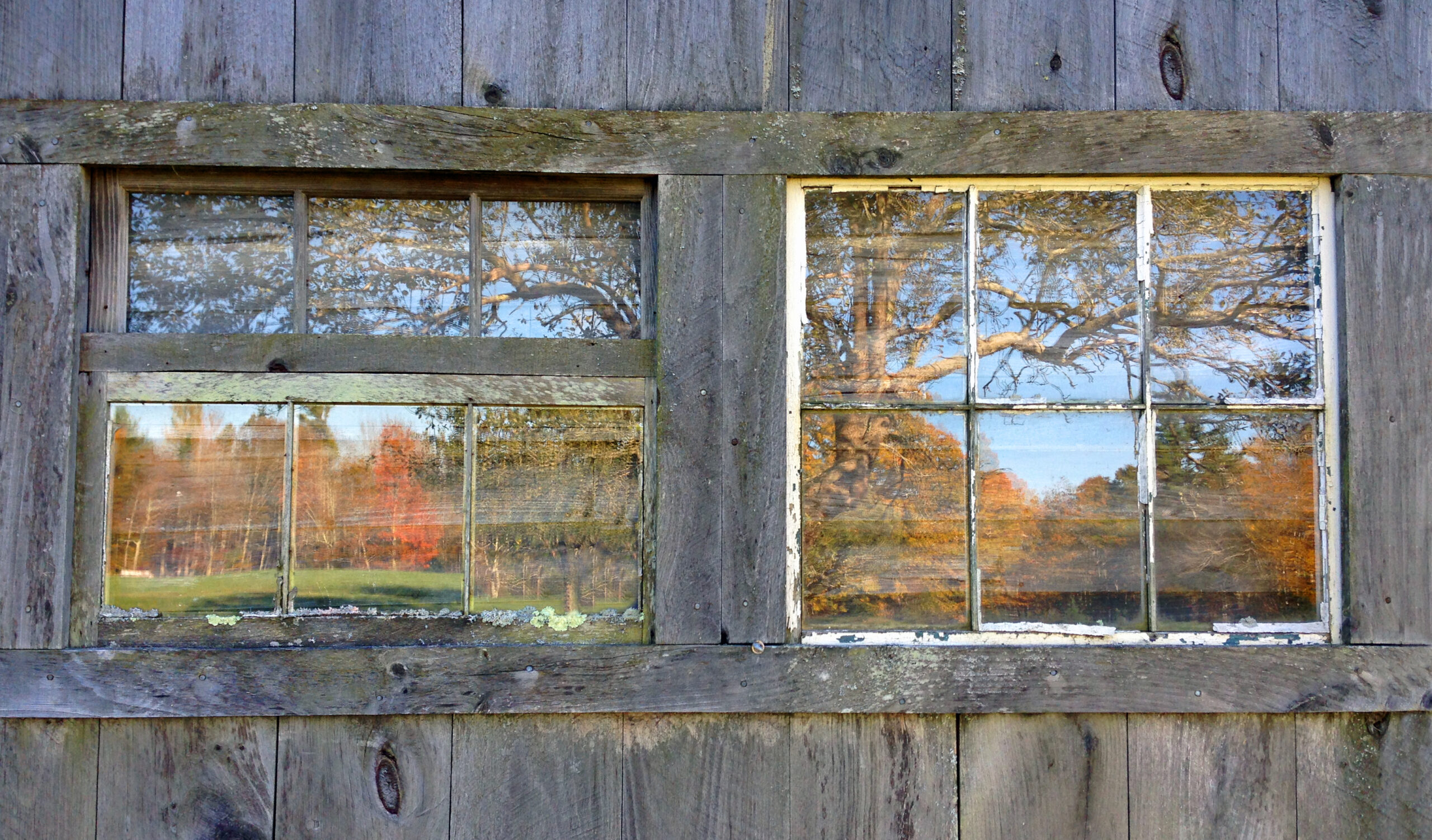
Freud and his followers proposed that this pushing down of thoughts and emotions associated with natural desires would lead to the destructive re-emergence of the energy embedded in these emotions through various physical and, in particular, psychogenic ailments. Hysteria headed the list. While Freud was focusing on Vienna, his analysis would certainly also apply to the Puritan culture of New England. While today we use different terms and different descriptions when addressing the nature and dynamics of psychogenic illness, there is still the sense that our physical wellbeing is often wrapped up with our mental wellbeing—and that our vulnerability to COVID-19 is influenced by what is happening in our head and heart as well as other physical domains. Furthermore, our collective head and heart are also influenced by and often distracted by the collective forces and sources of energy that we wish to deny or repress.
The second potential reason for the inception of abundant American hysteria centers on the trauma experienced by the Puritans in the ostracism and abuse they suffered in Europe—traumatic experiences that led them to escape to North America with all the potential trouble and travail to be enduring in sailing across the Atlantic Ocean and settling into a challenging North American environment. Other attempts by Europeans to settle in North America had failed, so it must have been quite a strong compelling reason for the Puritans to make this decision. There is a contemporary theory regarding the role played by something called the “social unconscious” that might be relevant is explaining why the traumatic experiences of the Puritans could have led to mass hysteria—and to the fear of those who are different (the “other”).
My colleague, Richard Lim (2018) has written about the role played by the “social unconscious” in his own country (Singapore). The history of ostracism and abuse among the Chinese immigrants living in Malaysia led to migration of many of these Chinese/Malaysians to Singapore and to establishment of the current independent city-state of Singapore. Lim speculates that the deep concern in Singapore culture regarding perfection, order and protection might be motivated by this sense of being unwanted. Lim notes in his own work as a therapist and organizational consultant that there is a lingering and deeply felt fear of not really being good enough and being vulnerable to outside forces that wished them ill-fortune. We find similar dynamics operating in other societies, such as Israel and South Africa. The history of ostracism and profound abuse can be found among the Jews in Israel (traumatic memories of the Holocaust and Spanish Inquisition) and those of the Afrikaans heritage in South Africa (traumatic memories of the Boar treks imposed by Europeans).
Something similar may have been operating for the Puritans as they established their social structure and culture in New England. Were they also influenced by trauma embedded in their social unconscious? Having been ostracized in Europe, were the Puritans particularly suspicious of the “other?” Were they fearing that that these other people (or perhaps even natural forces) could inflict harm? Given the history of being considered “unclean” and unwanted in a previous society, was there, also (as in Singapore), a need to be perfect, orderly and protected? At an even deeper level, was there an enduring sense that in some way, they were “unclean” and not worthy of being wanted.








